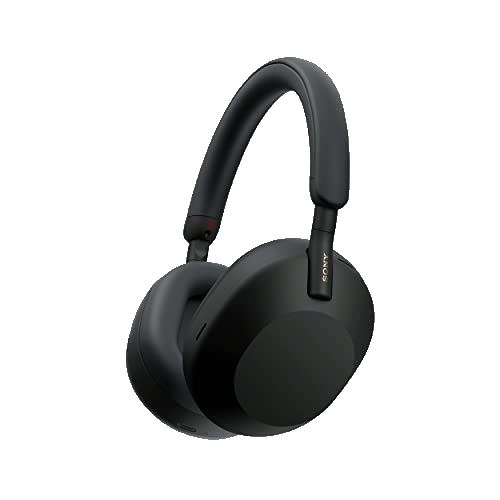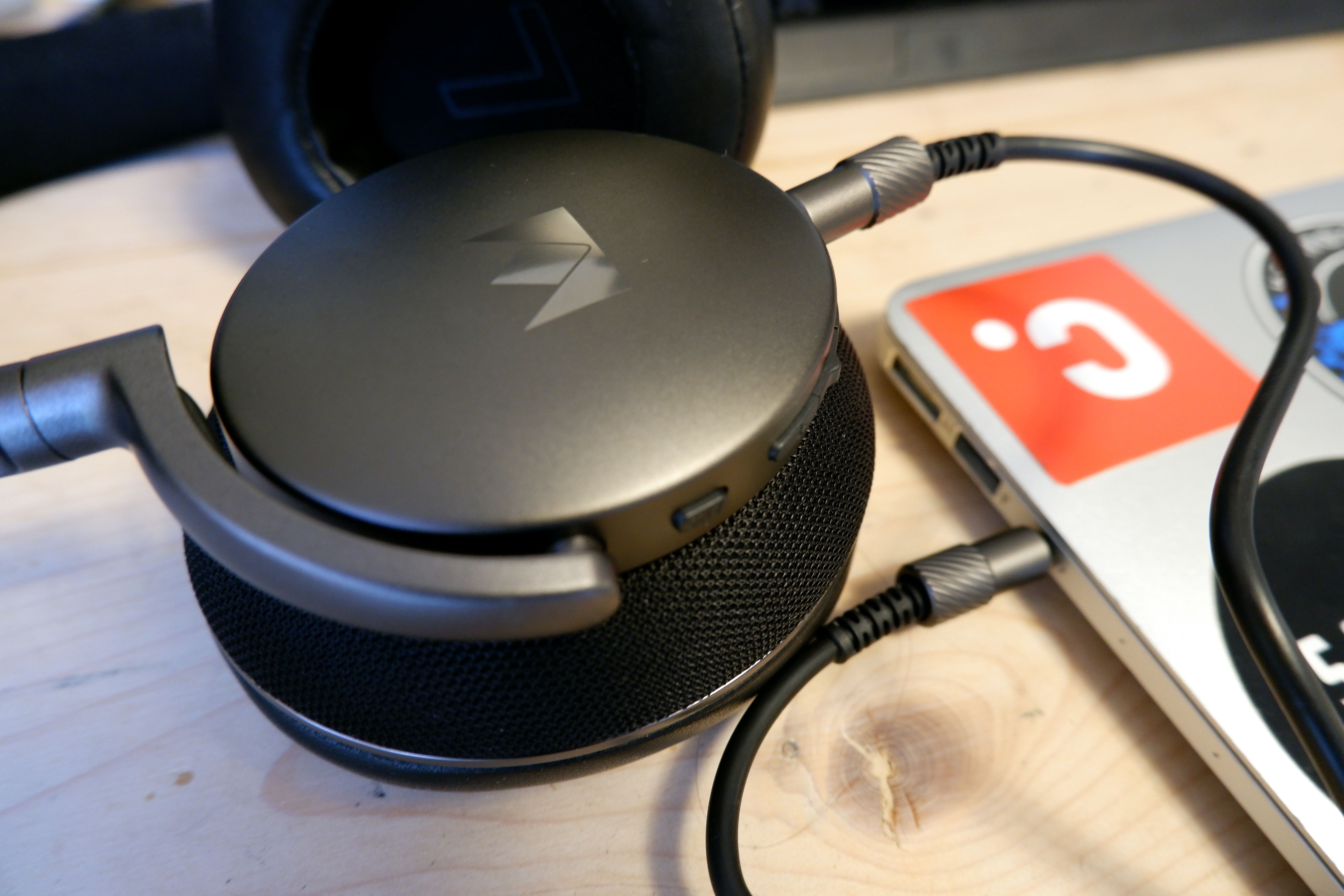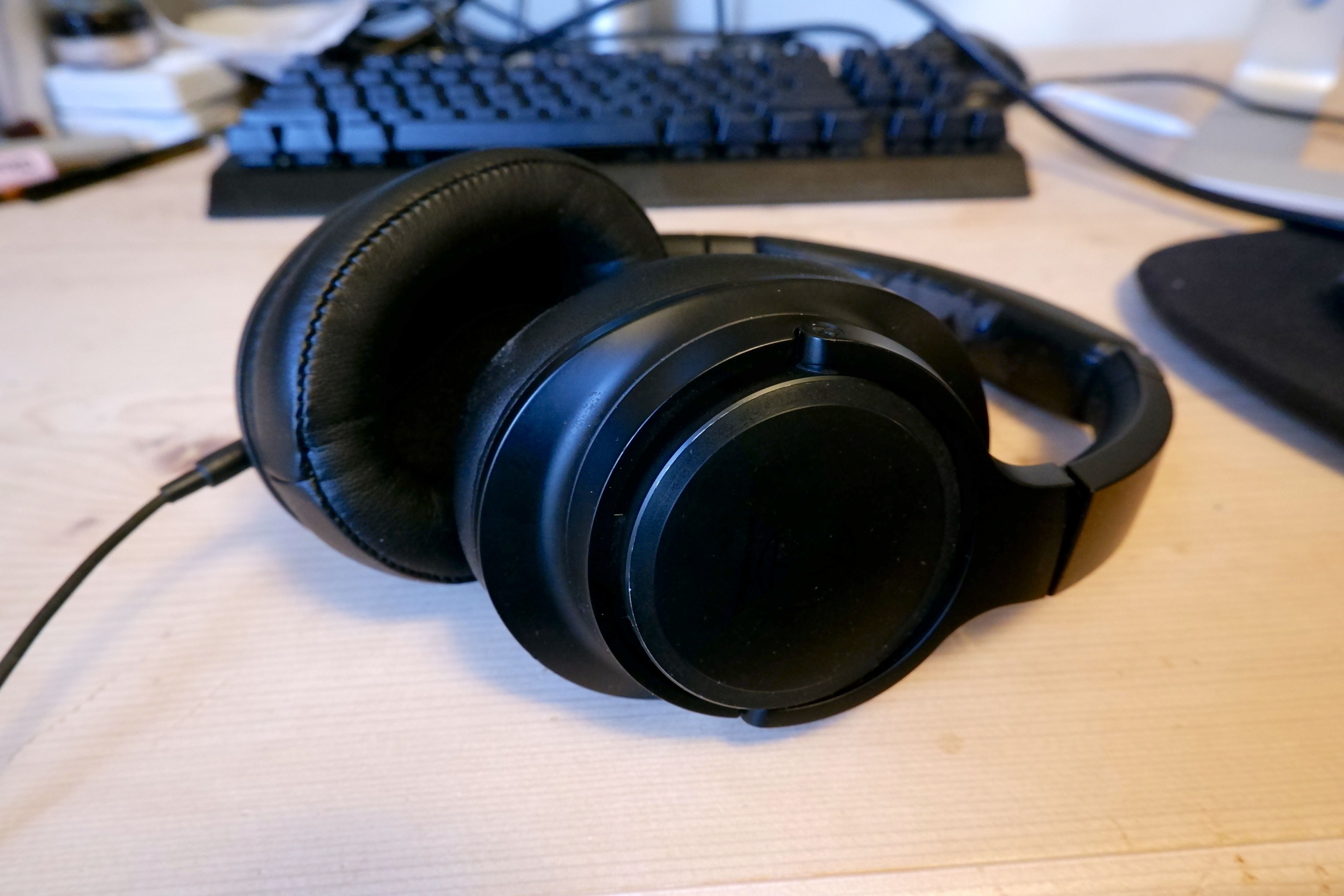If you’re in the market for new headphones, you already have a ton of options to sort through to find the right ones for you, and among those choices is wired or wireless. Here are some reasons why you should choose wired headphones as your next pair.
1 You Don’t Have to Worry About Battery Life
Wired headphones don’t require battery life to run, since the audio signal is running through the wire, not wirelessly over Bluetooth. The electricity required for the headphones to work comes from the audio source through the wire, so you have a constant supply of energy.
This makes wired headphones ideal for people who don’t want to have to worry about charging their headphones before a commute or before getting to work for a few hours. It’s significantly more convenient for the more forgetful or busy among us, since charging is one less thing to worry about throughout your busy schedule.
2 Wired Headphones Ensure Better Audio Quality
As more streaming services begin to introduce lossless as a music quality option, you might be interested in giving it a try for yourself. Bluetooth audio quality, while improving year by year, isn’t quite capable of transmitting lossless audio. Bluetooth has limited bandwidth, meaning that only so much data can be transferred wirelessly using Bluetooth protocol. Codecs, which are used to encode and decode data like audio files over Bluetooth, have different bitrates that allow varying amounts of data to be transmitted. But the data has to be compressed, causing a reduction in quality. To those with an attuned ear, codecs like aptX HD and LDAC do sound better than lower bandwidth codecs like SBC and AAC, but neither are lossless.
Wired headphones allow you to listen to higher bitrate, lossless quality music, so you can give lossless audio a try if the fancy should strike you. For reference, higher quality Bluetooth codecs like the aptX HD and LDAC codecs have a maximum bitrate of 576kbps and 990kbps respectively, but CD-quality lossless audio requires a bitrate of 1411kbps. Wired headphones won’t limit you to any bitrate at all, allowing you to listen to the highest quality your source allows for.
That said, lossless audio might not be a major consideration for everyone. Depending on how you listen to music, lower bitrate audio may be good enough, and you might not be able to tell the difference anyway.
3 Wired Listening Ensures the Lowest Latency Possible
Another limitation of Bluetooth is latency, which is the lag between the audio source and your headphones. Since Bluetooth requires encoding and decoding the audio data while transferring it wirelessly to your headphones, you’re always going to experience latency using that technology.
On the flip side, wired headphones have no perceivable latency whatsoever. The audio is transferred as fast as the electricity runs through the wire, so you have no latency to worry about. This is great for watching movies and videos, as well as playing video games, where lag between the audio and video can massively impact your experience.

Sony WH-1000XM5
$348 $400 Save $52
With the WH-1000XM5, Sony has shown once again why it is the current king of noise-canceling headphones. It has both wireless and wired modes that are top-notch.
4 They Can Be More Affordable Than Their Wireless Counterparts
This isn’t a hard and fast rule, but generally speaking, wired headphones are more affordable than wireless headphones. This is because it’s cheaper to manufacture wired headphones. Bluetooth technology is complicated and costly. Wired headphones have existed for such a long time, and cables are cheap to manufacture, so you can find extremely affordable ones that get the job done.
There are obviously very expensive pairs of wired-only headphones, like open-back headphones or premium studio headphones. Generally speaking, when you compare two pairs of very similar headphones, one wired and one wireless, the wired one is going to be cheaper. You can find wired earbuds for less than $10, and while they might not be the best out there, they at least don’t break the bank.
5 A Physical Cable Ensures More Reliable Connectivity Than Bluetooth
Anyone who has used wireless headphones before can attest to the fact that connectivity can sometimes be unreliable. Interruptions in the signal can cause irritating connectivity drops or blips, and sometimes a device simply won’t connect no matter how hard you try, only to connect with no problem later. Using wired headphones solves this issue entirely by plugging straight into the source.
Much of the time, issues with wired connectivity come down to user error, like not fully plugging in the wire into the headphone jack. Other potential problems can be physical hardware issues, like internal damage to the headphone jack or to the wire. Physical issues can be solved by replacing a cable or repairing the internal damage to a device, so you always have a concrete solution to solve connectivity issues.
6 Wired Headphones Can Reduce Waste
Wireless headphones and earbuds are a major source of e-waste, since the overall battery capacity of Bluetooth devices eventually depletes with more charging cycles. This means that your battery will eventually be non-functional, being unable to hold a charge at all. At that point, you’ll either have to replace the battery, or more commonly, replace the headphones entirely. Many Bluetooth devices only have a few years before the battery is gone, so e-waste from these headphones is inevitable.
Wired headphones, however, can last an extremely long time, potentially decades with proper care. Since there’s no battery to worry about, the biggest considerations for your wired headphones’ longevity are components like the drivers and the cables breaking.
Wired and wireless headphones serve different purposes for many people, but wired headphones have a lot of benefits, like longevity and higher audio quality, that Bluetooth headphones just can’t hold a candle to. It’s definitely worth it to consider wired headphones for your next pair.






